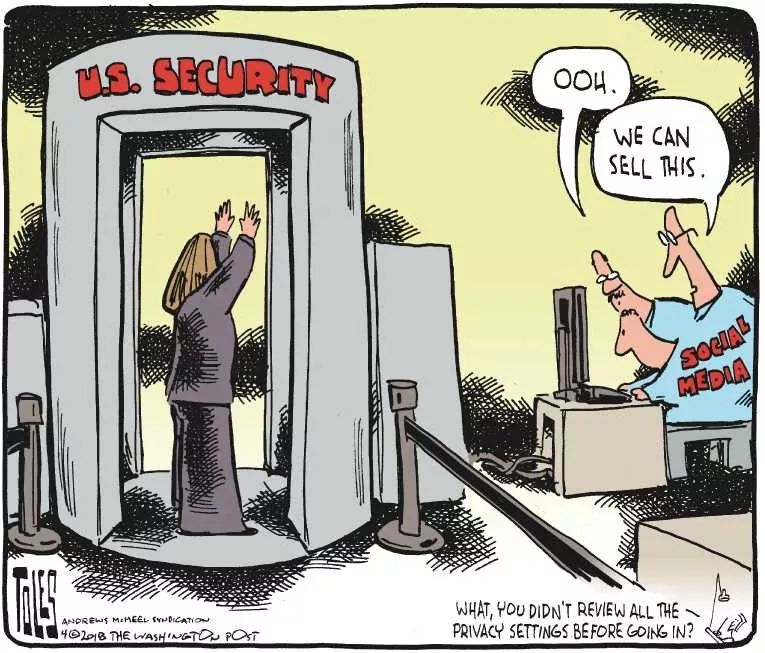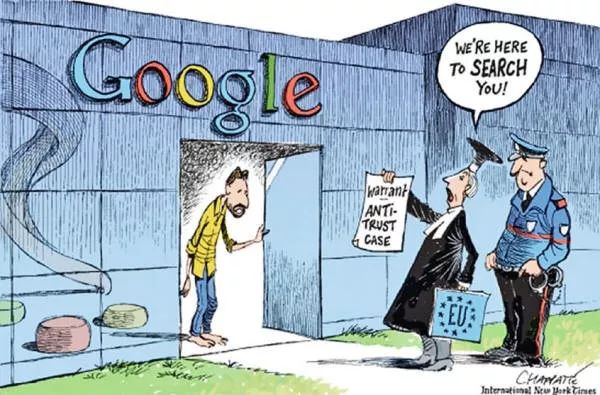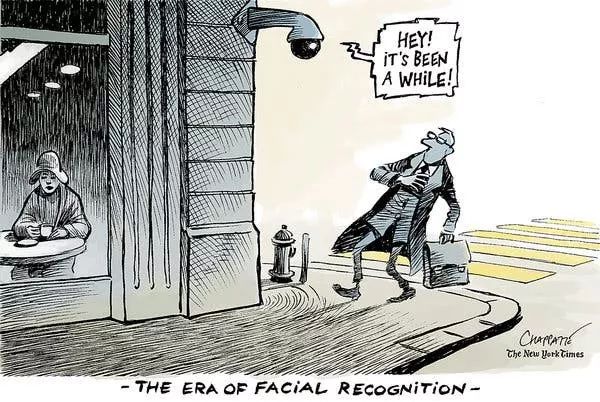One step away
Editor’s note: This article is from WeChat public account ” Popov classmates” (ID: Trip517), author Popov.
From convenience to fear
For a hundred years, San Francisco has always maintained the vanguard of free defenders.
Four months ago, on April 5, 2019, when the San Francisco Board of Supervisors passed a bill to ban government agencies (airports, ports, etc. under the jurisdiction of the federal government are not in this case) Use facial recognition technology and stipulate that city agencies obtain city council approvals before purchasing other types of surveillance technology, such as automatic license plate readers and camera-enabled drones.
People are used to this San Francisco-style gesture, and even some people think that the San Francisco people are doing it again and going too far. As a city that hatches a number of Internet brands such as Raytheon, and also as a bastion of liberalism, San Francisco is undoubtedly aware of the destructive side of technology earlier than other cities in the world, and facial recognition technology has been regarded as the most One of the techniques of terror.

Face recognition technology has been widely used in the United States before San Francisco introduced this local ban.
News-Jordan-Report reported that the United States has used facial recognition technology in customs and large stadiums at most airports. International travelers stand in front of cameras at the airport and apply for their photos and passports. Quickly matching photos provided saves a lot of time compared to manual review; in addition, some cities use facial recognition technology to track the use of shelters for homeless people; more than 30 states allow local or state Authorities or FBIs search for photos of their driver’s licenses and believe that they can help law enforcement agencies stop crime more effectively.
The main concern of critics is that the rapid spread of facial recognition technology may have surpassed the government’s ability to protect individual freedom and privacy. Because face surveillance can identify long-distance or online people’s identities and behaviors without knowing or disagreeing, Northern California ACLU lawyer Matt Cagle believes that the technology “provides the government with unprecedented power to track People’s daily life, but this is not compatible with American democratic traditions.
In the United States, facial recognition technology has also raised some local issues – a study called Gender Shades says that IBM and Microsoft’s systems are better at identifying the gender of white male faces. It is much better to identify the gender accuracy of black or female faces. To this end, some NGOs have called on Amazon to stop selling its technology to law enforcement, warning African Americans that women and others can easily be mistakenly identified as suspects and arrested.
After San Francisco, the same use of facial recognition technology has been introduced in Oakland, California, and Somerville, Massachusetts.
In the name of security
In contrast, Europe is much more cautious.
The GDPR regulations introduced by the European Union in 2018 require companies to obtain personal consent before collecting biometric data such as facials. If there is a violation, the company can be fined up to 4% of its global income.
Even facial recognition even in the name of supervised students is considered illegal by Europeans.
Not long ago, the Swedish Data Protection Agency (DPA) issued a fine of SEK 200,000 to the municipality of Skelleftea on the grounds that it illegally used sensitive biological data from students. The Skelleftea City Council conducted an experiment to monitor the time when 22 students from two local high schools entered the classroom every day. According to the DPA’s ruling, although the school ensures that parents agree to supervise students, the regulator does not believe that collecting such sensitive personal data is a legitimate and sufficient reason. Regulators point out that although certain parts of the school can be considered “open”, students have certain expectations for privacy when entering the classroom. This is also the first fine imposed by Sweden under GDPR.
Face recognition in the name of maintaining public safety has also been mass protested in the UK.
In response to a pilot trial of a face recognition lock suspect in London, the London Metropolitan Police Department in London earlier this year. The experiment is part of the National Data Analysis Solution (NDAS), which plans to use more than 1 terabyte of data from local and national police databases, including records of people intercepted and searched, and records of crimes committed. About 5 million people can be identified from the data. Critics believe that predicting past arrest records may exacerbate algorithmic bias. Not long ago, a 128-page report issued by the University of Essex pointed to major flaws in the way facial recognition (LFR) technology, and called for the London Metropolitan Police Department to stop this Application of technology.
Avoid out of control
The technology companies that first applied facial recognition technology were also chilling.
According to NPR, on August 8, this year, the US Ninth Circuit Court of Appeal ruled that a Facebook user in Illinois could sue the company through facial recognition technology. Nathan Freed Wessler, a privacy and technology program attorney, said in a statement: “This decision is a strong recognition of the danger of unrestricted use of face surveillance technology.” Facebook responded to NPR’s interview saying “We have been disclosure We use face recognition technology, and people can turn it on or off at any time.” Facebook believes that users have not suffered any specific damage. But the Ninth Circuit Court Group pointed out that intangible injuries are still specific, and it points out that the Supreme Court has stated that advances in technology will lead to more violations of personal privacy.
Facebook was one of the first technology companies to apply facial recognition technology. In 2011, Facebook launched a feature called “tag suggestions.” It allows technical analysis to upload the details of faces in photos – the distance between their eyes, nose and other features. The user can choose to quit this feature. Facebook said it only built facial templates for Facebook users who turned on the feature. According to NPR’s report, “Facebook can use it to identify individuals who are uploaded to Facebook’s other hundreds of millions of photos each day, and to determine when individuals are present in a particular location.” According to the appellant, Facebook has a user face template. Database, theseTemplates are stored on servers including Oregon, Iowa, Texas, and California.
Another tech giant Amazon is also losing their government customers. A few years ago, the Orlando Police Department in Florida began experimenting with Amazon’s facial recognition soft Rekognition, connecting live video input and facial recognition technology data to observe and track people in real time. The police station deployed four surveillance cameras in public places in Orlando, saying that only users detect employees of the police station. However, due to the release of the independent investigation report and ongoing public protests, the Orlando City Council decided to cancel any further experiments by Amazon Rekognition immediately after completing the second phase of its two-stage pilot project.
Face recognition technology is still evolving. It not only identifies you, but also your emotions. VICE reports that Amazon’s cloud service AWS has launched emotional recognition for its cloud-based facial recognition system: eight states including fear, happiness, sadness, anger, surprise, disgust, calmness, and confusion. Previously, Amazon had sold the technology to government agencies such as the Immigration and Customs Enforcement (ICE) and Border Patrol (CBP). The most extreme criticism has already combined Amazon’s cooperation with ICE and IBM’s cooperation with Nazi. According to ZDNet’s report, some Amazon employees have jointly sent emails to their boss Bezos to stop selling Rekognition facial recognition software to the police.




